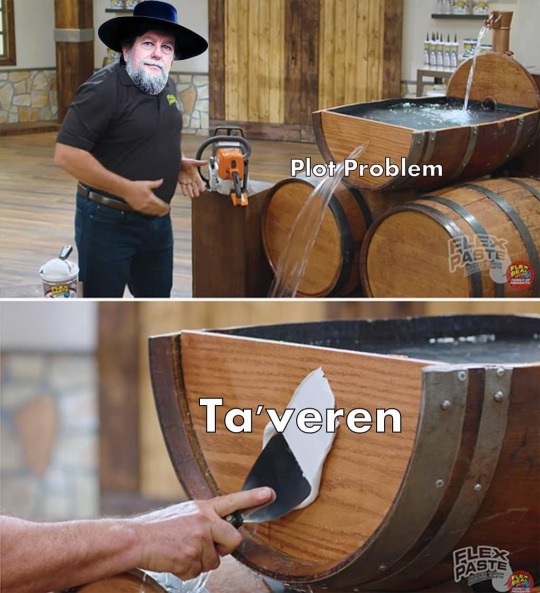Text
I'm going to cry myself to sleep tonight thinking about Gaul delivering the most gut punching line in the series: "I said I would come with you. I did not mean until the journey grew hard."
129 notes
·
View notes
Text
New s2 casting!
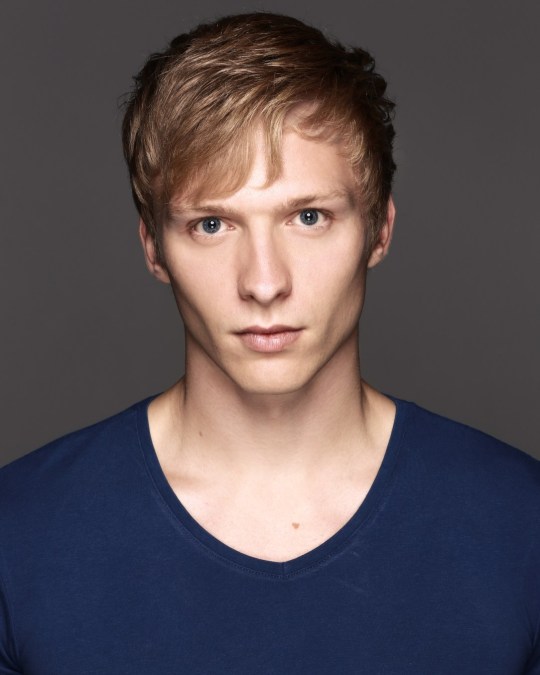
Will Tudor as Barthanes Damodred
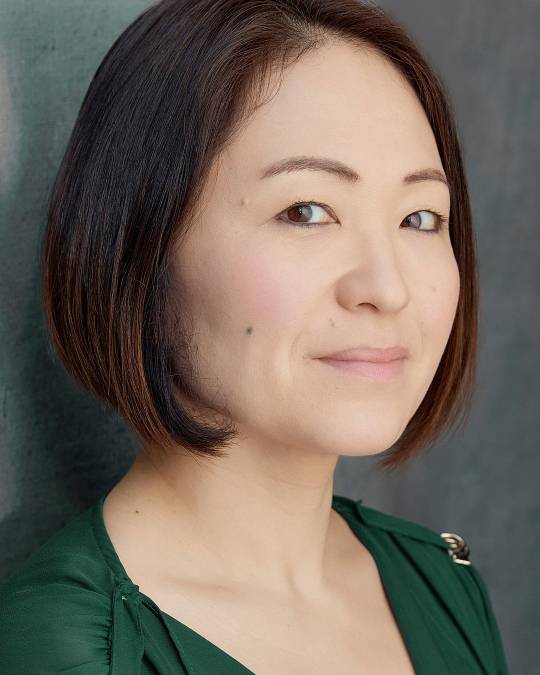
Haruka Kuroda as one of Min's aunts
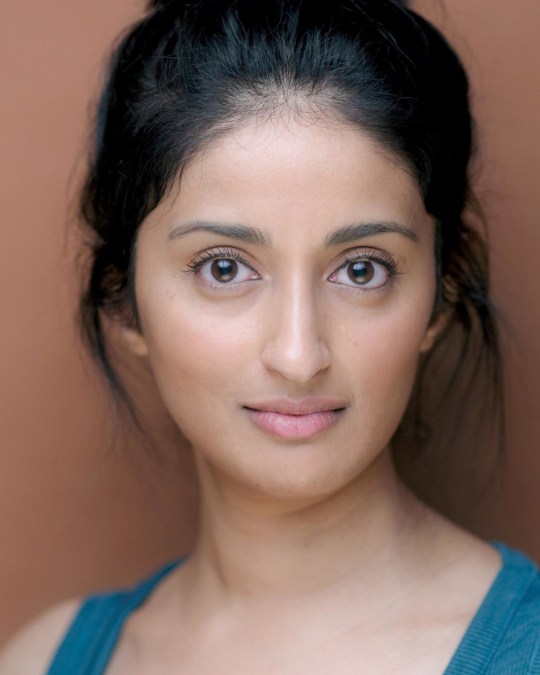
Natasha J. Murley in an unnamed role (I'm thinking Faile)
59 notes
·
View notes
Photo
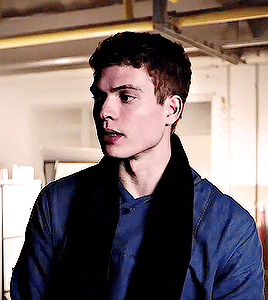

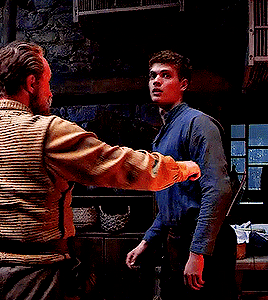
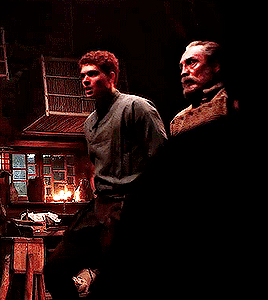
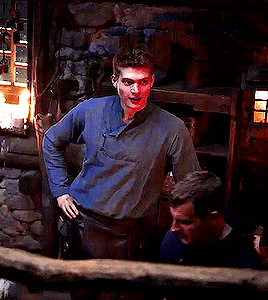
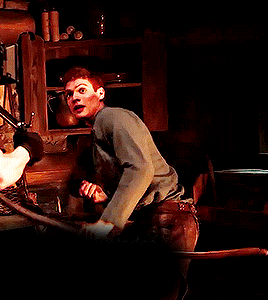
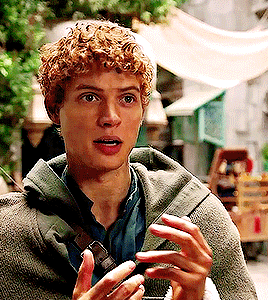
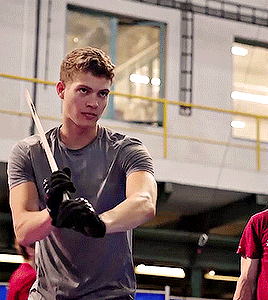
Josha Stradowski - Behind The Scenes of Winter Night
309 notes
·
View notes
Text
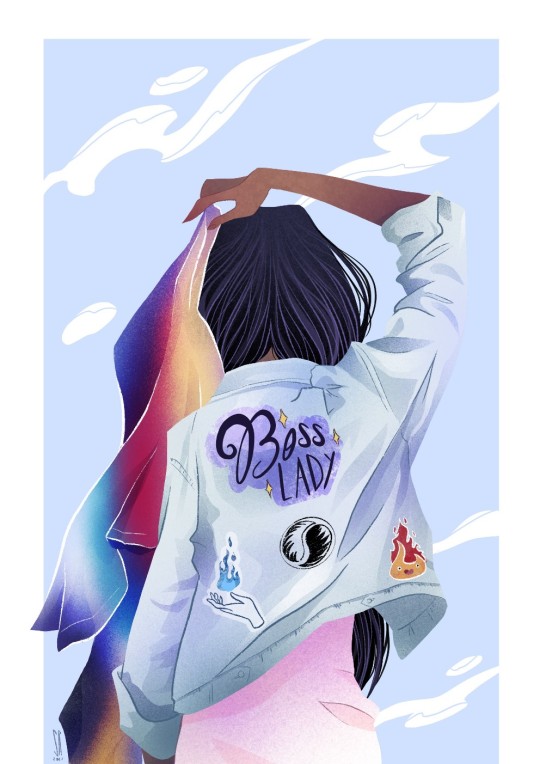
She is the Spark that will light the fire that will burn the shadow down 🔥🌟
280 notes
·
View notes
Photo
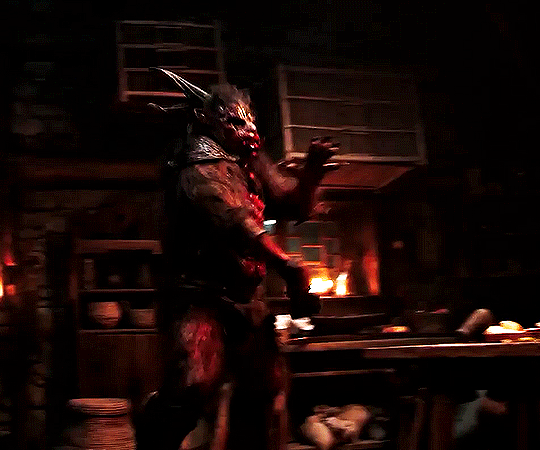
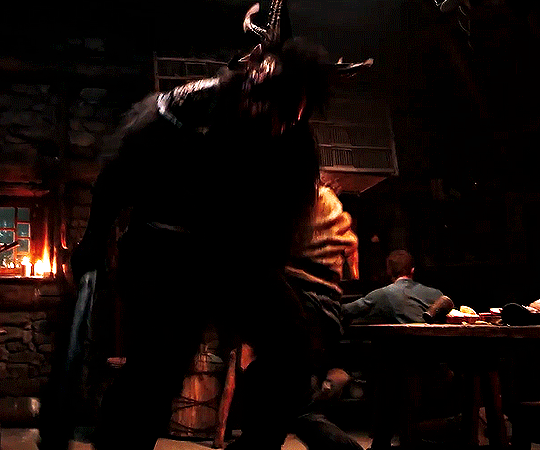
Tam al’Thor - Behind The Scenes
88 notes
·
View notes
Text
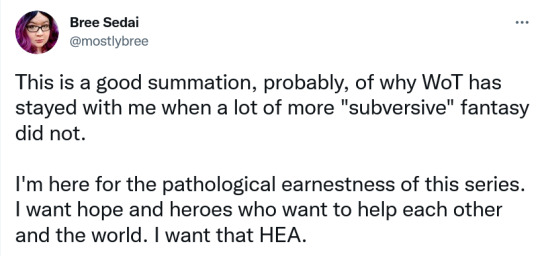
Stop Saying THE WHEEL OF TIME Will Be the Next GAME OF THRONES
Every fantasy story is unique in its plot, characters, themes, and worldbuilding. In other words, The Wheel of Time isn’t an off-brand Game of Thrones just because they share the same genre. That’s like saying Frank Herbert’s seminal 1965 space opera Dune is a cheap imitation of a later, more culturally relevant space opera like 1977’s Star Wars: A New Hope. The upcoming The Wheel of Time series is an adaptation of Robert Jordan’s epic 14 book series of the same name. In fact, the series’ first book was published six years before George R.R. Martin’s 1996 novel, A Game of Thrones. The Wheel of Time directly inspired Martin’s equally superb fantasy classic.
The series’ first season engages with the first three books of Jordan’s series, so we can expect the story to be generally full of more fantasy-ass-fantasy elements with a side of tropes. Imagine Joseph Campbell’s hero’s journey, wizened mystical guides, and a complex magic system. Martin’s series wasn’t really like that. Any prospective audience member for The Wheel of Time series should enter with an open mind. They shouldn’t expect the edgy, sensationalized storytelling in Game of Thrones. Instead, audiences should prepare to embrace a more Tolkien-esque, traditional fantasy world.
Both The Wheel of Time and Game of Thrones are “high fantasy” stories. That means they take place in a fully imagined world entirely divorced from our normal reality. This is the opposite of a “low fantasy” story, like the Harry Potter series. That series takes place in the world as we know it. Game of Thrones helped familiarize a massive audience with the world of Westeros and a frankly dizzying number of characters. That acclimation bodes well for an audience that needs to become accustomed to the new fantasy world of The Wheel of Time. Game of Thrones’ mass appeal makes it a kind of fantasy gateway drug. It leaves its audience better-prepared to consume a new fantasy story with a more difficult barrier of entry.
Part of what makes Game of Thrones so (relatively) accessible is that world’s general lack of, well, fantasy. Sure, the dragons and the undead White Walkers distinguish the series from the quaint world of, say, Pride and Prejudice. But Westeros isn’t exactly the most magical world in fantasy literature. The world of The Wheel of Time, on the other hand, is chock-full of magic users, different fantastical races, and a less morally complicated, evil Dark One serving as the series’ big bad. Subverting classic tropes established from the genre’s onset makes Game of Thrones refreshing and unique; however, unabashedly embracing those same tropes lends a level of charm and familiarity to The Wheel of Time.
The most important thing for audiences going into The Wheel of Time series is to remember that it is not trying to be Game of Thrones, narratively speaking. A GQ article profiling The Wheel of Time’s production made clear that the budget Prime Video granted the show has been in the service of a singular directive from the world’s richest man, asking for “the next Game of Thrones.”
Jeff Bezos is probably speaking in cultural terms. However, incessantly equating the two series means The Wheel of Time may never gain enough traction to lead weekly watercooler discourse. Perhaps people will tune out once they realize there aren’t kids getting thrown out of windows at the end of episode one. The Wheel of Time and Game of Thrones are, once again, very different kinds of fantasy stories.
Robert Jordan’s The Wheel of Time series is initially a trope-heavy, fantastical epic that is in equal parts revolutionary and familiar. Fans of Game of Thrones will appreciate how The Wheel of Time is as character-driven as Martin’s A Song of Ice and Fire. The story may include prophecies, the Dark One, and a fair share of plot-focused quests. But at its core, the massive, sprawling The Wheel of Time tale is about a group of kids who aren’t ready to leave home yet. They eventually learn duty is more important than desire.
That’s the beauty of fantasy: the way it allows its audience to consider the human condition in a setting sometimes entirely divorced from the real world and the tired conventions affecting our everyday lives. Game of Thrones allowed its audience to consider the ways power corrupts people, ideas of loyalty, and the inherent conflict of love and duty. Pitting a slew of morally gray, complicated characters against each other in an increasingly complicated political arena made for a one-of-a-kind viewing experience. The series provided the same kind of thrill as following a political news cycle, without the bummer inherent in knowing politics affect your actual life.
The Wheel of Time isn’t as politically complex or morally gray as Game of Thrones. Its introspective explorations are thematically unique. Rather than creating a playground full of the same kind of cynical takes on morality that pervades Game of Thrones, The Wheel of Time asks its audience to consider how they would conduct themselves in a world characterized by an apparent moral binary. It’s easy to assume you’d be the hero or that you’d do the right thing in any given morally clear-cut situation. But what if that meant giving up a life you love? The Wheel of Time‘s main ensemble aren’t inclined to seek adventure or to strive for power in the way so many Game of Thrones characters are. Instead their stories revolve around sacrificing their selfish desires and aspirations to better serve the greater good.
Both stories are equally entertaining examples of the complex thematic explorations that come with contemporary fantasy. Even if the themes explored and the methods of that exploration dramatically differ. Viewers should consume The Wheel of Time series on its own terms and accept it for what it is, rather than expect it to be any kind of Game of Thrones imitation.
26 notes
·
View notes
Video
youtube
Behind the scenes (BTS) of Winternight/Two Rivers battle
#The Wheel of Time#Filming#Episode 1#TWOT spoilers#WOT spoilers#BTS content#Winternight#Stunts#The Wheel of Time spoilers#Episode 1 spoilers
24 notes
·
View notes
Text
Episode 7 title and synposis:
EPISODE 7 - The Dark Along the Ways
Synopsis - "Moiraine and her charges are diverted from their path by an unexpected encounter. This diversion, though, reveals many things — Moiraine’s true goal, Lan’s past, the fractures that have grown in the group, and the identity of the Dragon Reborn."
15 notes
·
View notes
Text
I love the ending of The Eye of the World, because it’s like, here’s the answer to the biggest question you didn’t know you have and here are 8000 new pieces of information that are incredibly relevant and will play a major part in the next 13 books thanks for reading you’re stuck now.
100 notes
·
View notes
Text
Prayer circle that the Wheel of Time TV series is both
A) good
B) popular enough for the entire series to be adapted, leading to the fandom collectively betting on the eventual run time of the final battle itself.
64 notes
·
View notes
Photo
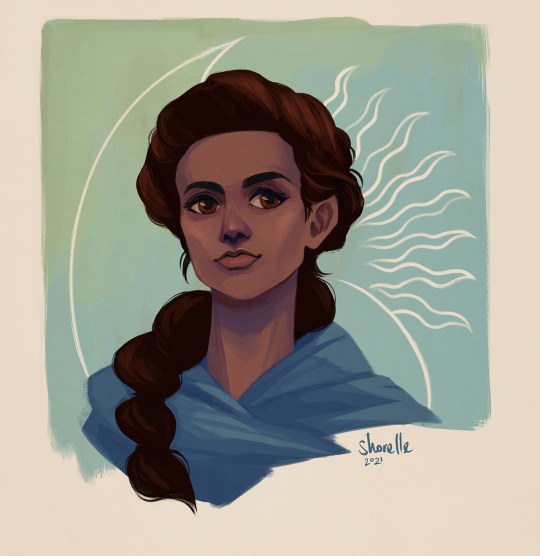
Egwene al’Vere – the innkeeper’s daughter, the dreamer and the flame.
5K notes
·
View notes
Text
youtube
IGN's review of the first three episodes of The Wheel of Time. Light spoilers for a couple events, but nothing new to book readers.
They rated 9/10 as "Amazing".
8 notes
·
View notes
Text
can’t wait for the out of context WoT spoilers posts. like this fandom has always been good at memes but once it blows up??
seriously there’s just so much potential. i want my dash flooded with stuff like
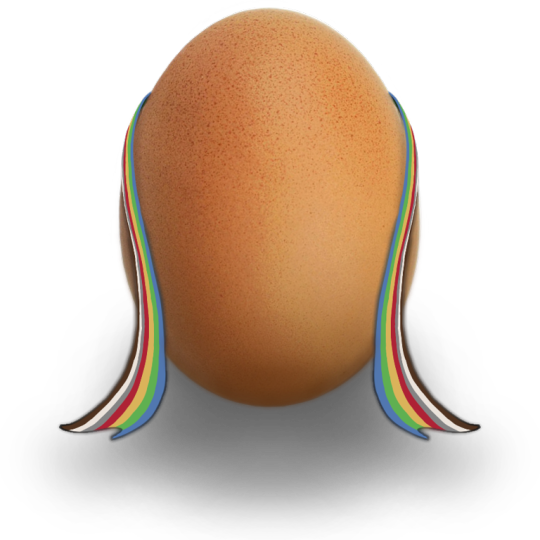
there’s so many obscure plot points in this series. imagine the ones for the forsaken. the box jokes. oh light, perrin.
im not ready.
241 notes
·
View notes
Text
It took two books, but I get it now.
I get the Wheel of Time hype.
I can't wait to pick up The Dragon Reborn.
62 notes
·
View notes
Quote
If there is one thing we like to read about in the genre of epic fantasy, it is Fate. It’s what we crave from stories, that sense of pattern recognition. We want to find the signal amidst the noise, the synchronicity in the randomness; we want the reassurance that (at least in the story) it all means something, maaaan. […]
The author, Robert Jordan, began the story in this novel, as he did in every book following it, with the image of wind. Wind: an invisible but palpable – and inescapable - force, in other words, an unpredictable and ever-varying phenomenon that begins and ends, but at the same time is eternal and unending. There may be more powerful representations of the concept of Fate out there than this, but I’d be hard-pressed to come up with one off the top of my head.
Firsts in Fantasy: The Eye of the World by Robert Jordan (and Why You Should Read It)
60 notes
·
View notes
Text
A lot of these review comparisons between WOT and GOT don’t even make sense considering that GOT was being sold as a show that non fantasy folks would like because it has very little fantasy in it. GOT was not sold as - Look, here’s a great fantasy story with these fun fantasy aspects - cool world building, magic, magical creatures etc.
It was more about the characters, backstabbing, politics, wars etc. For example this review before season 1 of GOT:
Five Reasons You Might Like Game Of Thrones Even If You Don’t Like Fantasy
After listing all the non-fantasy parts of the story, they talk about the Wall this way:
Maybe the Wall is too fantasy-oriented for non-fantasy fans to appreciate but considering how grounded to natural reality most of the rest of the story is, I think the contrast between the two different sides of the Wall is one of the most fascinating parts of the story.
It reminds me of how Benioff and Weiss stated that they wrote GOT for “NFL players and soccer moms” and not for fantasy fans and that’s why they kept stripping away the fantasy aspects of the story (Bran Stark getting zero story and development, Jon and Arya’s warging/direwolves ignored etc.) and completely ignored the central theme of the series to highlight the petty wars as being more important than this existential apocalyptic threat headed their way.
And I remember that while the show aired the majority viewers on forums used to complain that the Wall story was too boring and they wanted more of the KL politics. But that did change in season 5 when ‘Hardhome’ aired and for the first time the audience could see the brutality and threat of the White Walkers and wights. That would have been when the show should have pivoted to the fantasy half of the story as the books would have done. But then D and D pivoted back to fantasy is boring, let’s get back to KL and Cersei.
But this is impossible to do with Wheel of Time which is basically hard core fantasy and where it’s the world building and an amazing magic system underpinned by science that are the main selling points. Take that way, and the series loses it’s charm. Does anyone want to have more focus on Elayne playing the Game of Thrones in Andor for like 3 seasons? Plus it was Aes Sedai Elayne who was ruling and the magic was a big component of her story there as well. And while Rand and Daes Dae'mar in Cairhien was a lot of fun in book two - it was also pointing out how silly the whole thing is, and I am glad that it was short lived. In the later books, the game between the different houses and the magical aspects were closely intertwined in Rand’s story - ex: Rand and Colavaere. One can’t separate the fantasy from the political in WOT - they exist side by side.
The point should not be that this or that show is good because there’s less fantasy and more real world shenanigans - that only pushes show runners to change/remove the reasons for why these books are popular and have millions of fans in the first place.
Rather the point should be that fantasy can also have good characters, and interesting character journeys and themes that are relevant to our real lives and experiences.
Fantasy is escapism. We want to get away from our depressing, dreary life and job stress, health issues etc and just enjoy this made up world where things are different and people who look like us actually wield power and can do amazing things. I like that the world of WOT is matriarchal and by the rules of this world the female characters are actually either on the same level playing field as the men or more powerful. I enjoy reading about how this changes the different cultures and dynamics.
I like that female friendships, sisterhood, competitiveness, rivalry etc. are given as much place and importance in the story, independent of the male characters. I like that there are no love triangle shenanigans and the characters are just like - oh we like the same person? Let’s just share or on the TV show we have polyamory for the win! Or, my friend likes my ex? Ok you can have them, I don’t care. Hopefully this will reduce the toxic ship wars in fandoms when the TV show premieres 😁
Once again, to quote Robert Jordan:
In the real world we have a great deal of uncertainty, a great deal of danger and very little certainty of where we are going, how we are going to get there, what the end result is going to be. In fantasy, you face a great deal of danger, a great deal of uncertainty, but you have one particular certainty when you get into fantasy. You know that evil is not going to win the final victory. There will be victories by evil along the way, people you like, people you love may die but in the end good will win out. And that I believe is becoming more important to people - to have that certainty. - Robert Jordan
#Please let WOT be unabashedly fantasy#Please#Give me all the Trollocs and Grey Men and Myrdrral and Machin Shin and Portal worlds and channeling
113 notes
·
View notes
